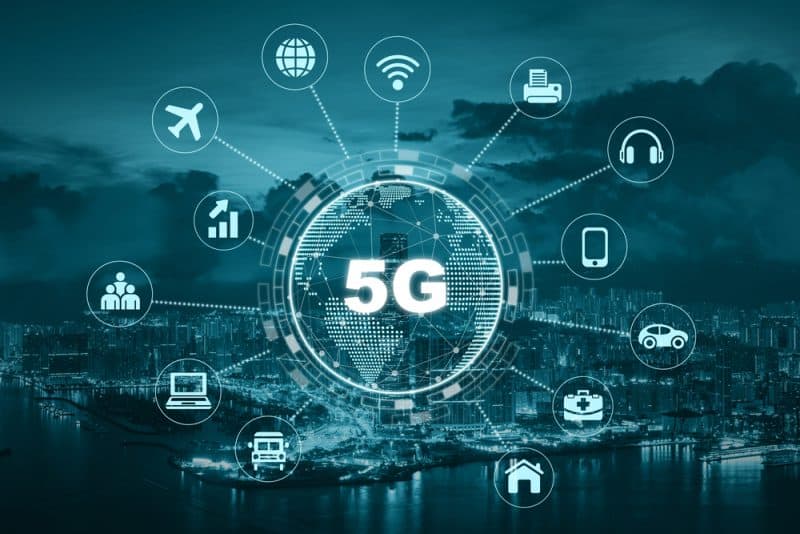The Impact of 5G on Ghana’s Technologies and Economy

The advent of 5G technology is set to revolutionize the world, and Ghana is no exception. This next-generation wireless technology promises faster download speeds, lower latency, enhanced bandwidth, and mobile connectivity across devices. As Ghana prepares to embrace this technology, it’s important to understand its potential impact on the country’s technologies and economy.
Telecom operators in Ghana currently use 3G and 4G technology. However, the Government of Ghana announced plans to build a shared 4G and 5G network with operators and private investors on August 25, 2023. This approach aligns with Ghana’s objective of expanding services to rural areas and advancing its digital transformation agenda.
The introduction of 5G could enable IoT and AI solutions. The faster download speeds, low latency, and enhanced bandwidth provided by 5G could create potential opportunities for companies with expertise in remote healthcare, precision agriculture, digitalized supply chain management and logistics, and advanced manufacturing solutions.
5G can also create opportunities for specialized software (including open-source), services, and cloud computing. The new demand for semiconductors and mobile telecom chipsets among other goods could also be a potential benefit.
Globally, 5G technology is expected to add US$1.3tn to global GDP by 2030. Increased efficiencies and productivity will add value across sectors. As Ghana embraces 5G, it can expect a similar uplift in its GDP.
Healthcare systems are predicted to be the largest beneficiary of 5G. Innovations such as drone-delivered defibrillators and patient monitoring via wearables will contribute to better health outcomes. As 5G efficiencies add US$530bn to global GDP by 2030, Ghana’s healthcare sector could see significant growth. Smart utilities management is on the rise, and 5G is on board to deliver value in the form of monitoring, tracking, and automation. As utilities shift towards renewable energy and digitisation of the grid, 5G’s ability to connect large numbers of devices and sensors will further transform the sector.
The eventual establishment of 5G networks offers opportunities to deliver higher throughput at a lower cost and energy consumption3. With the planned release of 5G spectrum and a strong commitment to secure spectrum neutrality, Ghana is on its way toward future digital growth. Investing in modern and energy-efficient mobile broadband infrastructure is a catalyst for digital transformation and sustainable growth. As Ghana prepares to welcome 5G internet connectivity in September 2024, the nation stands on the brink of a technological revolution that could significantly boost its economy and technological landscape.





